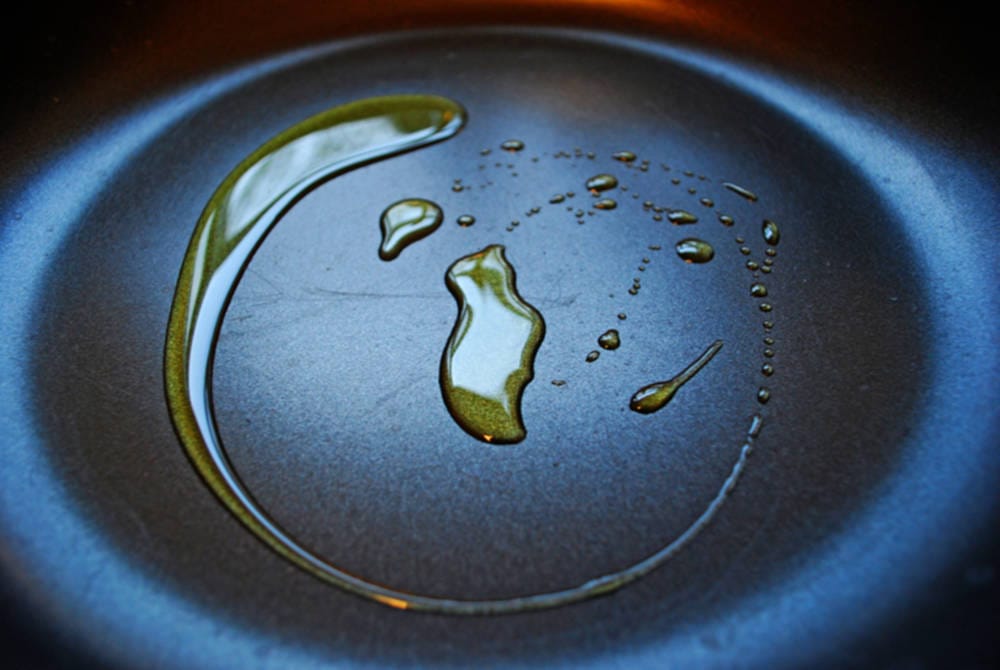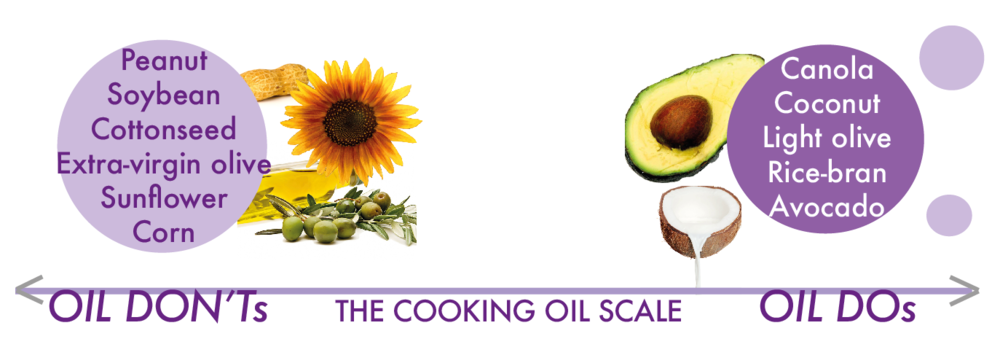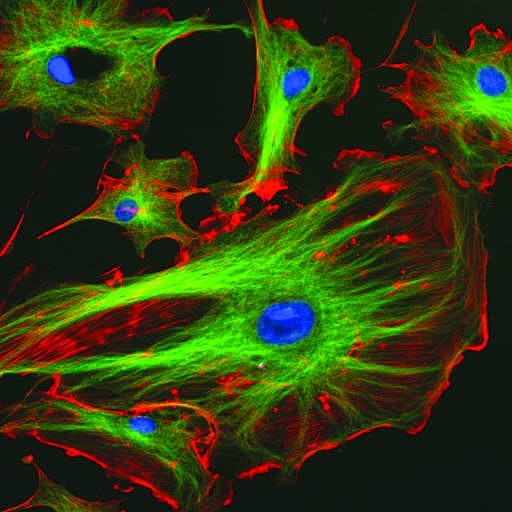Getting Oily: The science of cooking
felix’s own nutrition enthusiast, Alexandra Lim, takes us through the DOs and DON’Ts of cooking with oil.

The latest branch of research is all about oil, specifically the daily occurrence of heating up some olive oil in a pan, something most of us don’t even think about.
So you’re in the kitchen, searing that fatty, gorgeous pink salmon, when your friend starts a convenient Facetime session. Next thing you know, you’ve gone a bit blind, kitchen bathed in acrid black smoke. Contrary to popular methods, it’s been found to be rather unsafe to cook with oils high in omega-6, like soybean, cottonseed, sunflower or peanut oil. Now as much as I enjoy perusing the wonderful abundance of nutrition science online, most of it seems a bit too on the finicky side of things. This aside, the facts are facts, so here they are.
The aforementioned oils are definitely not heat-stable, and more recent studies prove coconut or red date oil are much better alternatives to these, as they have a much higher smoke point, releasing less free radicals at lower temperatures, therefore doing less harm. Extra-virgin olive oil actually has a lower smoke point than your typical light olive oil, so as fancy as the former stuff is, you’re better off saving it for off-heat usage. Drizzle plenty on your salads or dressings instead of swooshing it about in your poor pan.

So what should we do about this oily conundrum? It is well known that antioxidants found in plenty of fruit and vegetables work well to combat these free radicals, however constant exposure to such chemicals negates our efforts.
The sad bit? Smoke points are only half the story. Seed oils such as sunflower, corn and soy oil are also high in polyunsaturated fats, meaning they form a pretty harmful compound named HNE (4-hydroxynonenal) when heated up. HNE is taken up by the body, damaging and eventually killing cells. This leads me to another point, or the ‘Second Sad Bit’. I love a bit of frying. Wings for us innate chicken-lovers, fried vegetables, fries – heck fried bread may be mankind’s greatest invention. But take note and be aware of the fact that, in most restaurants, many vats reuse frying oil. This means that even if the oil used isn’t naturally high in HNE, the amount eventually accumulates to severely dangerous levels simply because they are left in the same vat and heated up again and again.
After some investigating, there seems to be a general consensus on the best oils to use in different cooking contexts. For high-heat cooking, such as frying, grilling, roasting or stir-frying, use light olive oil, avocado oil, ghee or coconut oil, since they are all low in polyunsaturated fats and have a high smoke point. The above work well for medium-heat cooking too, when you’re sautéing some leafy greens or braising a stew. Above all, don’t let your oil hang around for too long, and perhaps cut down, ever so slightly, on your bountiful doses of crisp, golden onion rings.







